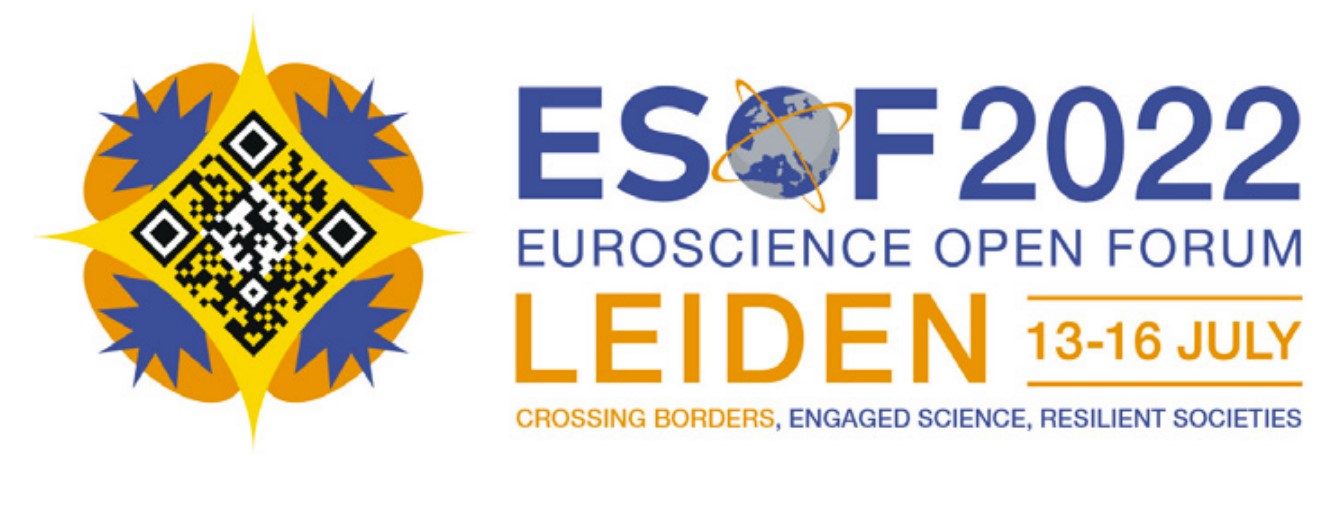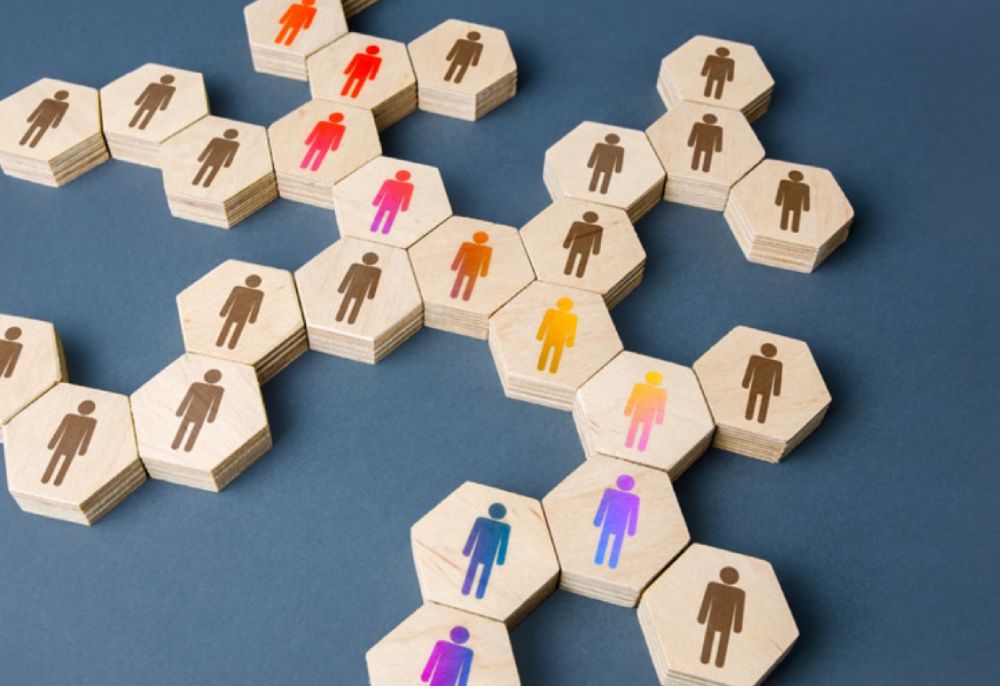MSCA Paris Coverage - ESOF 2022: The Marie SkłodowskaCurie Actions Satellite Event
Newsletter
Here we highlighted the main ideas shared in the Marie Skłodowska-Curie Actions Satellite Event about how to reach an integrated and diversified research ecosystem.
Though its history can be traced back at least to the creation of the European Coal and Steel Community, 1993 is usually seen as the founding year of the European Union, when twelve countries signed the Maastricht Treaty. Now, with the rise of the multipolar world, representatives of academic institutions urge strengthening international collaboration in research, innovation, and education for a solid future of European research (EUA 2021). However, the players of these changes, i.e. researchers, also call for cooperation, diversity, and integration within the scientific community. For this reason, MSCA fellows, supervisors, coordinators, alumni, and policymakers debated science diplomacy, sustainable research, academic freedom, science communication, and research supervision at the Marie Skłodowska-Curie Actions Satellite Hybrid Event that took place on 12 and 13 July in Leiden (the Netherlands) during the 2022 edition of the EuroScience Open Forum.
Claire Morel, Head of the Marie Skłodowska-Curie Actions (MSCA) Unit, opened the event and presented the role of the MSCA program for the career development and training of approximately 10,000 researchers each year, and then she opened space to debate and reflect priorities for a better research ecosystem. After that, Mostafa Moonir Shawrav, former chair of the MCAA, moderated the discussion on the role of science diplomacy in building the dialogue between institutions and researchers globally. For Frederik Ponjaert, Researcher at Université libre de Bruxelles (Belgium), the exchange of ideas between different research fields as well as getting scientists involved in politics can foster integration across borders.

In terms of policies, several countries open the possibility of scientists being engaged in policy-making with fellowships in embassies or establishing a scientific advisor position. However, as the Coordinator of Science Diplomacy and Multilateral Relations, Jan Marco Müller, pointed out, researchers still struggle to convince politicians that evidence-based policies develop long-lasting impact. Although science diplomacy has more visibility in the scientific community, according to Jerneja Penca, Associate Professor at the Euro-Mediterranean University, it is fundamental to address how to effectively transfer knowledge from individual research to policymakers.

Turning European research into a more diverse and collaborative environment is not possible if we don't deal with the precarity of work and reduction of opportunities in academia. According to a recent OECD report, doctorate holders experience low research integrity and R&D budget and lack of research diversity, which makes the academic career less attractive (OECD, 2021). In the second part of the event, Sybille Luhmann, former policy officer at the MSCA Unit, guided a panel discussion on "Strengthening the research ecosystem." The panel brought together entrepreneurs like Murat Gunes, also an MCAA member, and policy-makers’ representatives like Slaven Misljencevic and Jean-Emmanuel Faure, Policy Officers at the European Commission. They agreed that dialogue between policy-makers and entrepreneurs can open new opportunities for researchers. For MCAA member Karen Stroobants, being outside of the research ecosystem can change perspectives and defend that the scientific career does not need to have a linear trajectory since competencies change over a lifetime.
The accumulation of functions faced by researchers is one topic associated with the “research precariat,” (OECD, 2021) where we need to learn and practice new skills without having enough time to deal with all the responsibilities. Does society understand the real value of a researcher? Freedom and values in academia were addressed in the last panel of the MCAA event. For Thabit Jacob, a postdoctoral researcher at the University of Gothenburg, understanding the value of research and the impact we can do in society is the first step to claim for changes. Ewing Amadi Salumu, a Career Advisor in the Netherlands, stressed that researchers reached several achievements in terms of recognition, however there is still a long way to go for better integration of researchers at risk for example. Researchers, as highly qualified professionals regardless of ethnicity or nationality, must be integrated into society and accept positions where they can apply their full potential, declared Mariana Meyer, Policy Officer at the UN Refugee Agency. There is a large diversity of challenges in research and policymakers need to be aware of a variety of researchers with different contexts that need to be integrated in society. Finally, Monika Steinel, Deputy Secretary General of EUA, remembered that measuring, monitoring, and assessing initiatives will not lead straightforwardly to positive changes but more to discussion and self-reflection to commit for an improvement.
The MSCA Satellite Event also included two close-door sessions where MCAA members played leading roles. The sessions aimed at providing strategic feedback to the MSCA Unit on two pressing issues for the MSCA programme, hence their close-door trait. The first session was devoted to the discussion of the role of supervisors in MSCA programmes and the recently published MSCA guidelines for supervision, and saw MCAA Chair Fernanda Bajanca as the moderator and MCAA Board member Gian Maria Greco as the rapporteur. The second session discussed challenges to implementing the EU Green Deal in the MSCA programme, and saw MCAA Austria Chapter Chair Veronica Lutalo as rapporteur.
The recordings of the public sessions can be accessed at the following URL https://bit.ly/3Q8ujBS.
Ana Paula Miranda Mendonça
MCAA Newsletter, Editorial Board
ana.mendonca@unipd.it
References
EUA. (2021). A global approach to research, innovation, education, and youth. EUA input to the European
Commission Communication. European University Association. https://bit.ly/3TDXGyX
OECD. (2021). Reducing the precarity of academic research careers. In OECD Science, Technology and Industry
Policy Papers (No. 113). OECD Publishing. https://doi.org/10.1787/0f8bd468-en.